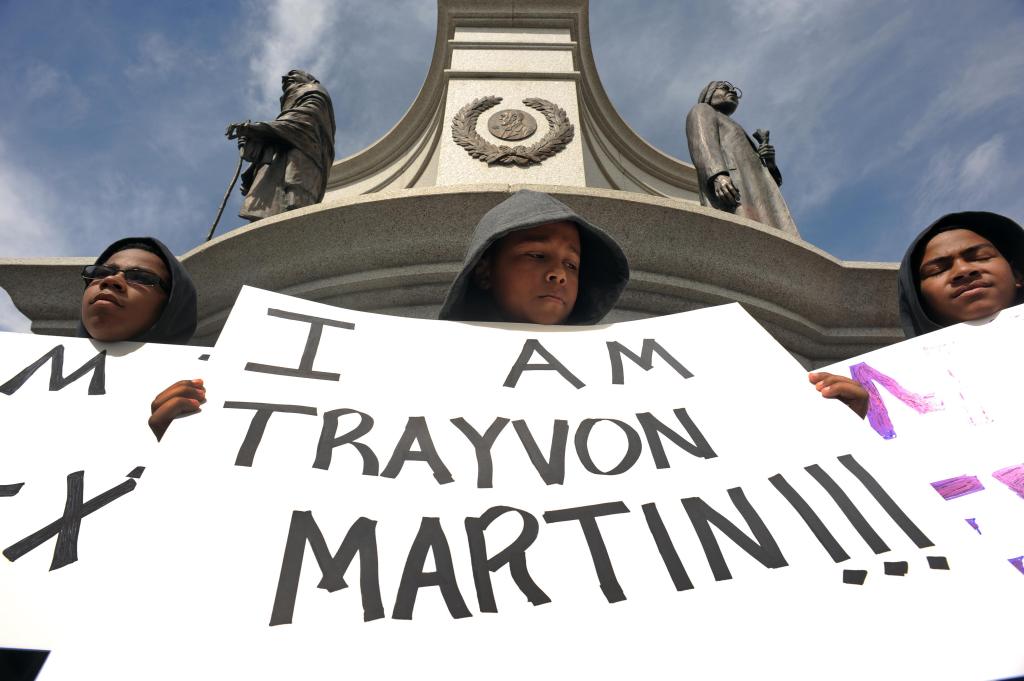
By Michael D’Onofrio
For African-Americans, the commemoration of the signing of the Declaration of Independence in 1776 — and its promises of life, liberty and the pursuit of happiness while slavery was still the law of the land — is complicated, according to Charles Blockson, a historian, scholar and author of African-American culture and history.
For Blockson, 84, the Fourth of July conjures up thoughts of “progress,” “hypocrisy,” and, “in a sense, hope,” as well as a “miseducation.”
“We’re still fighting for our rights,” he said.
The contradiction of the Declaration of Independence declaring “all men are created equal” is especially potent in Philadelphia.
While the Declaration of Independence was signed on the first floor of Independence Hall, the second floor was the site of a federal district court where fugitive slave violations were handled, according to Adam Duncan, a National Park Service ranger at the Independence National Historical Park.
“Independence Hall is a symbol of paradox,” he said. “Downstairs celebrated freedom and upstairs you have fugitive slave trials going on.”
The story of slavery and freedom in America is a challenging story to tell, but the national park strives to discuss them both.
Among exhibits at the President’s House at the national park is a memorial dedicated to Ona “Oney” Judge, one of George Washington’s slaves who escaped from there in 1796.
Slavery and segregation in a country that extolled equality for all are strange paradoxes, according to Minister Rodney Muhammad, president of the NAACP in Philadelphia, during a telephone conversation and paraphrasing Dr. Martin Luther King Jr.
As America celebrates its divorce from Great Britain on Wednesday, Muhammad said African-Americans continue to fight against modern-day contradictions to the country’s promise of equality for all, including unequal school funding, redlining and gentrification.
“There’s still a glaring contrast here in 2018 on July the 4th,” he said. “And the last thing we are is independent. Somebody achieved it, but it certainly wasn’t us.”
Among the events drawing attention to the freedom-slavery contradiction this week will be the 16th annual Black Independence Day.
The event, which is put on by the Avenging the Ancestors Coalition, will be held at the President’s House at the Independence National Historical Park at Sixth and Market streets, starting at 3 p.m. on Wednesday.
“The 19th of June completes the cycle of Independence Day celebrations in America,” said Myers of Belzoni, Miss., during a telephone conversation Monday.
Myers’ organization advocates adding Juneteenth to the list of federal observances. Although Pennsylvania and dozens of other states and the District of Columbia recognize or observe Juneteenth as a holiday, it is not a federal observance.
Juneteenth, celebrated on June 19, dates to 1865 when Union Maj. Gen. Gordon Granger brought news to Galveston, Texas, that the war had ended and issued General Order No. 3, stating that all slaves were free.
Regional celebrations of Emancipation Day, or Juneteenth, took place the following year and spread throughout the Union.
“The Fourth of July freed the land from Britain; the 19th of June freed all the people,” Myers said. “So you really can’t talk about freedom in America unless you talk about Fourth of July and the 19th of June.”










